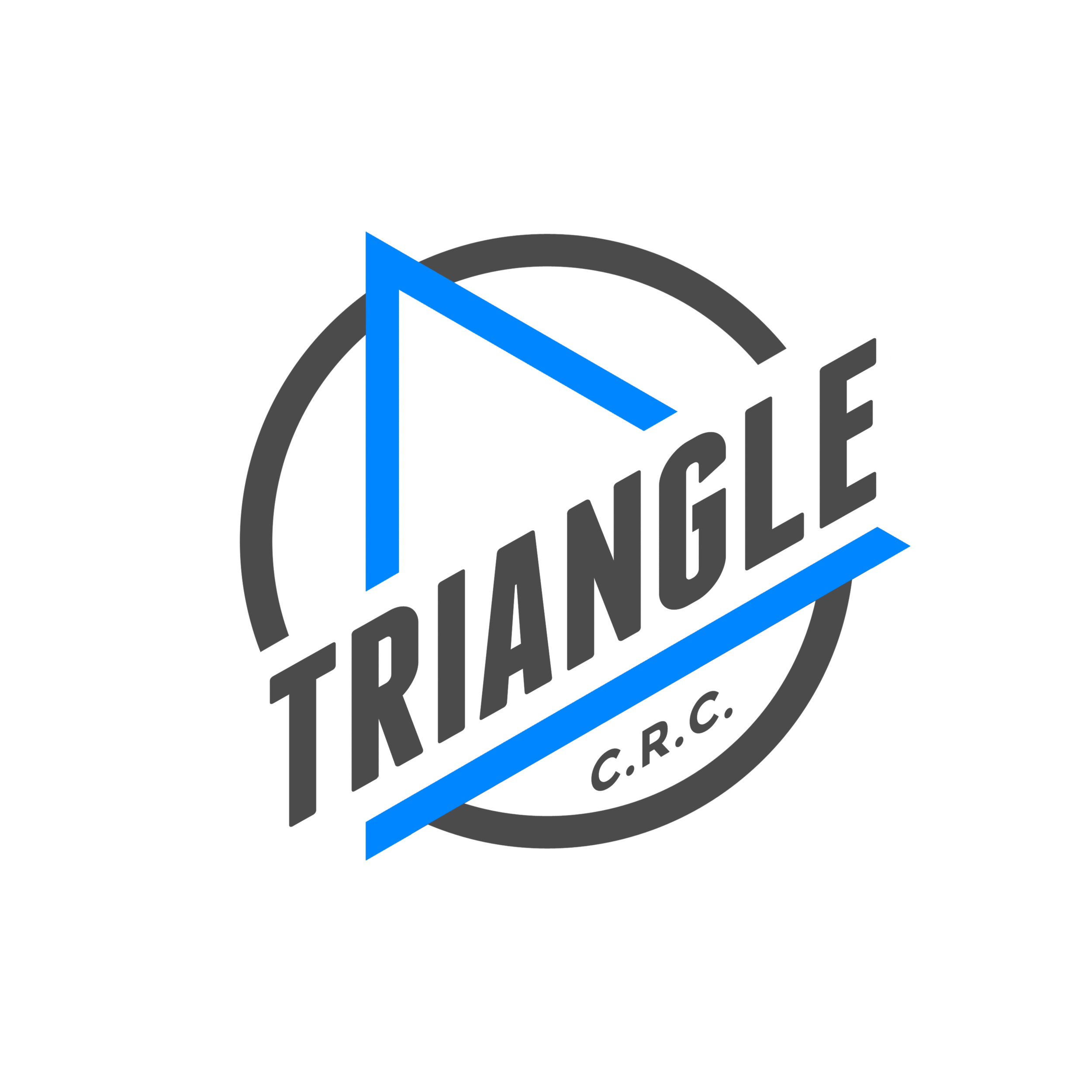Support Movement Milestones
As your child develops, he or she will need adequate time and freedom of movement to support their natural movements. This means giving them floor time without any assistive devices so that they can maneuver around and earn their movements without restriction. Give them a safe space to roll around, crawl, and explore.
It is also imperative not to put your child into a position they have not yet achieved (for example: do not sit your baby in a seated position before he or she can sit; do not stand your baby before he or she can stand). To support your baby's development, avoid prolonged sitting in a car seat (longer than car rides) or time spent in an exersaucer or other play device that straps a child in. Along these lines, we do not recommend the use of pacifiers, but especially beyond 6 months of age, as this device can interfere with orofacial (head, face, and mouth) development, including your child's airway.
As a final recommendation, encourage nasal breathing by coaching your child to keep their mouth closed when not talking or eating. If you see them sleeping with their mouth open, gently close it to help train them to breathe through their nose.
If you're concerned about your child reaching certain movements - like rolling, sitting, crawling, or walking - talk to your doctor about how we can support them in the office and at home.

